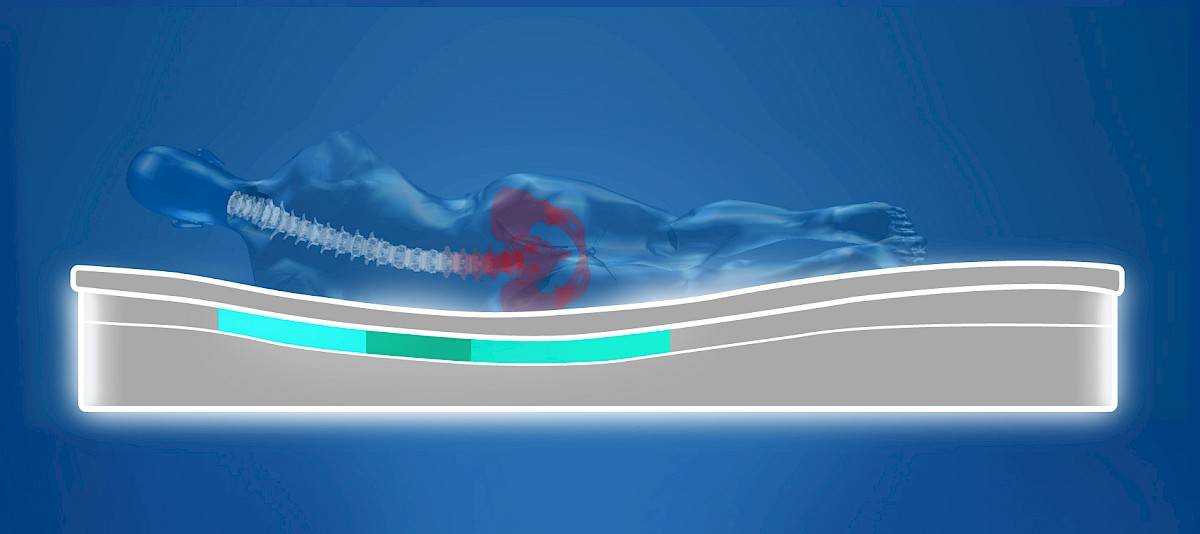Why should you change your mattress every 10 years?
After how long should you replace your mattress?
Many people wonder how often a mattress should be replaced. Our answer? After approximately 10 years. However, remember that 10 years is the average lifespan of a quality mattress that has been used normally. How often you should replace your mattress depends on a number of factors:
- The quality of your mattress
- The type of mattress (which material it is made of)
- How often the mattress was slept on
- How well your mattress was maintained
- Your body weight
- How much you sweat at night
Why should you replace your mattress?
Replacing your mattress in time is very important, mainly for two reasons: hygiene and support. These two factors are directly linked to your sleep quality, possible allergic reactions, back and neck problems, etc.
1. Hygiene
Some people sweat more than others at night, but everyone loses moisture. Our mattresses must absorb all this moisture and release it again. After an average of 10 years (depending on how much you sweat), your mattress will no longer release the moisture, but absorb it. This is not a good thing because it causes the materials your mattress is made of to increasingly compress. As a result, your mattress no longer ventilates sufficiently and, in time, may even develop mould.
Besides moisture, we also lose dead skin cells. This combination of moisture, mould and dead skin cells creates a very cosy place for the house dust mite. Not so cosy for us, of course! Even if, after 10 years, you do not feel that your support has diminished, it is still wise to think about the hygiene of your mattress in order to avoid possible allergic reactions.
2. Support
It goes without saying that it is very important for your mattress to provide adequate support. Always ensure that your spine forms as straight a line as possible when lying on your mattress on your side. After about 10 years, it becomes difficult for your mattress to maintain the same resilience it had in the beginning. That is why after a while your mattress may start to sag. This often results in pain in the lower back or sometimes even in the neck.

Back problems caused by sagging or an excessively soft mattress
Tip: Keen on a pocket spring mattress? Then first check whether the springs have been ‘thermally hardened’. These types of pocket springs have undergone a heat treatment to ensure that they retain their resilience for longer. The quality of the covering layers also has a major impact on the lifespan of your mattress.
Of course, it is also possible that your body has changed a lot in the past 10 years and that your needs are now different. If you notice that your mattress is no longer giving you enough or the correct support - possibly even causing neck or back problems - there’s no doubt about it: high time to replace your mattress!
How do I know if my mattress is worn out?
Not quite sure whether your mattress is worn out yet? Check for one or more of the signs below:
- The mattress is sagging
- Unpleasant odours or stains on the mattress
- You wake up with a sore back or stiff neck
- You sleep less soundly, you wake up more frequently at night, and you find yourself tossing and turning
Do you have doubts or questions about your mattress? Don’t hesitate to contact us. One of our experts will be happy to help you!


